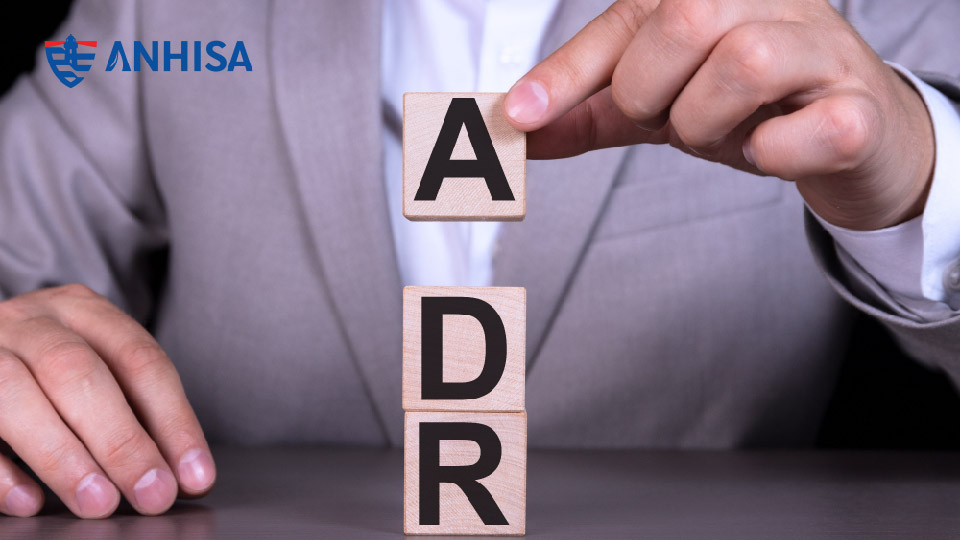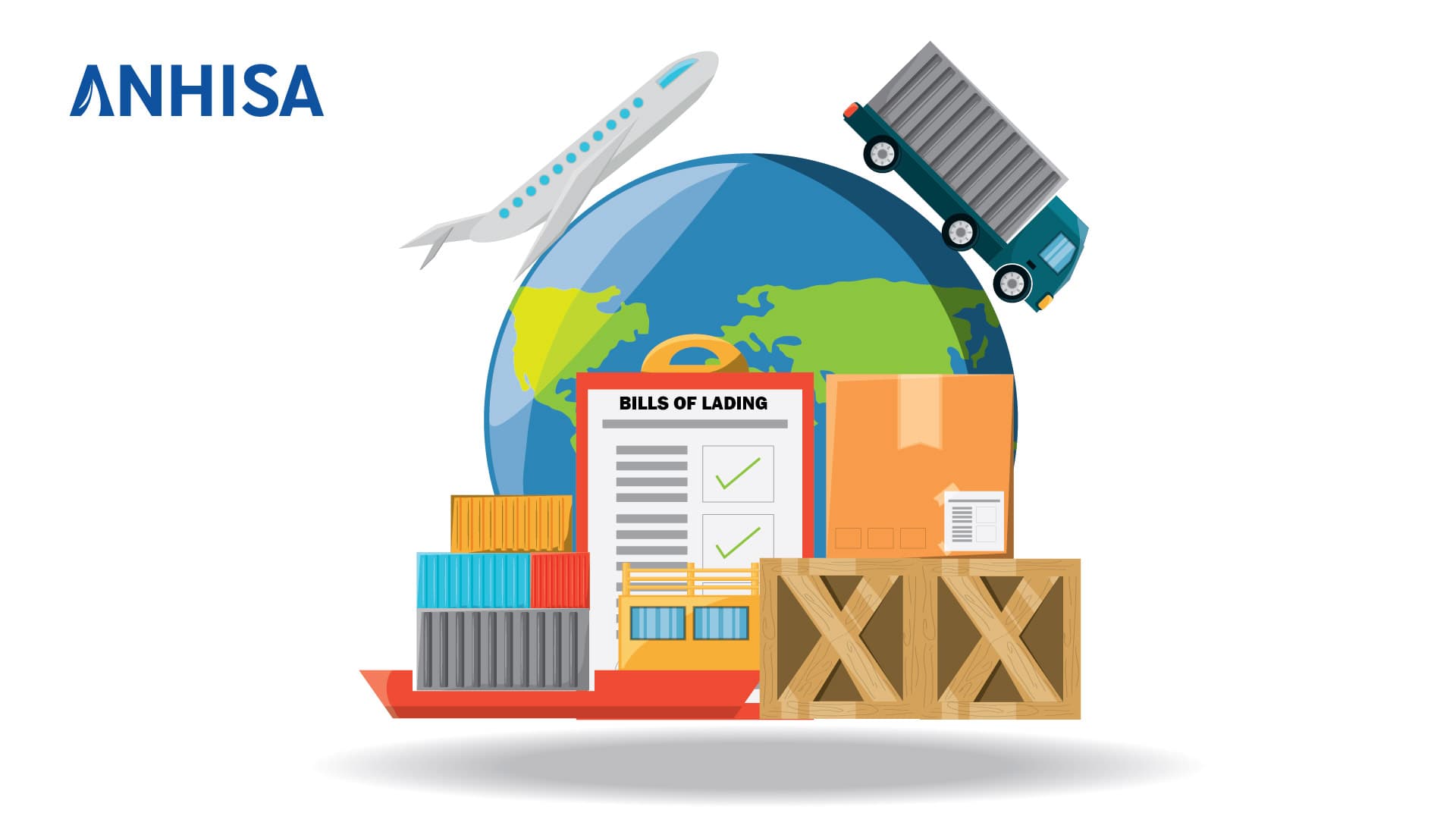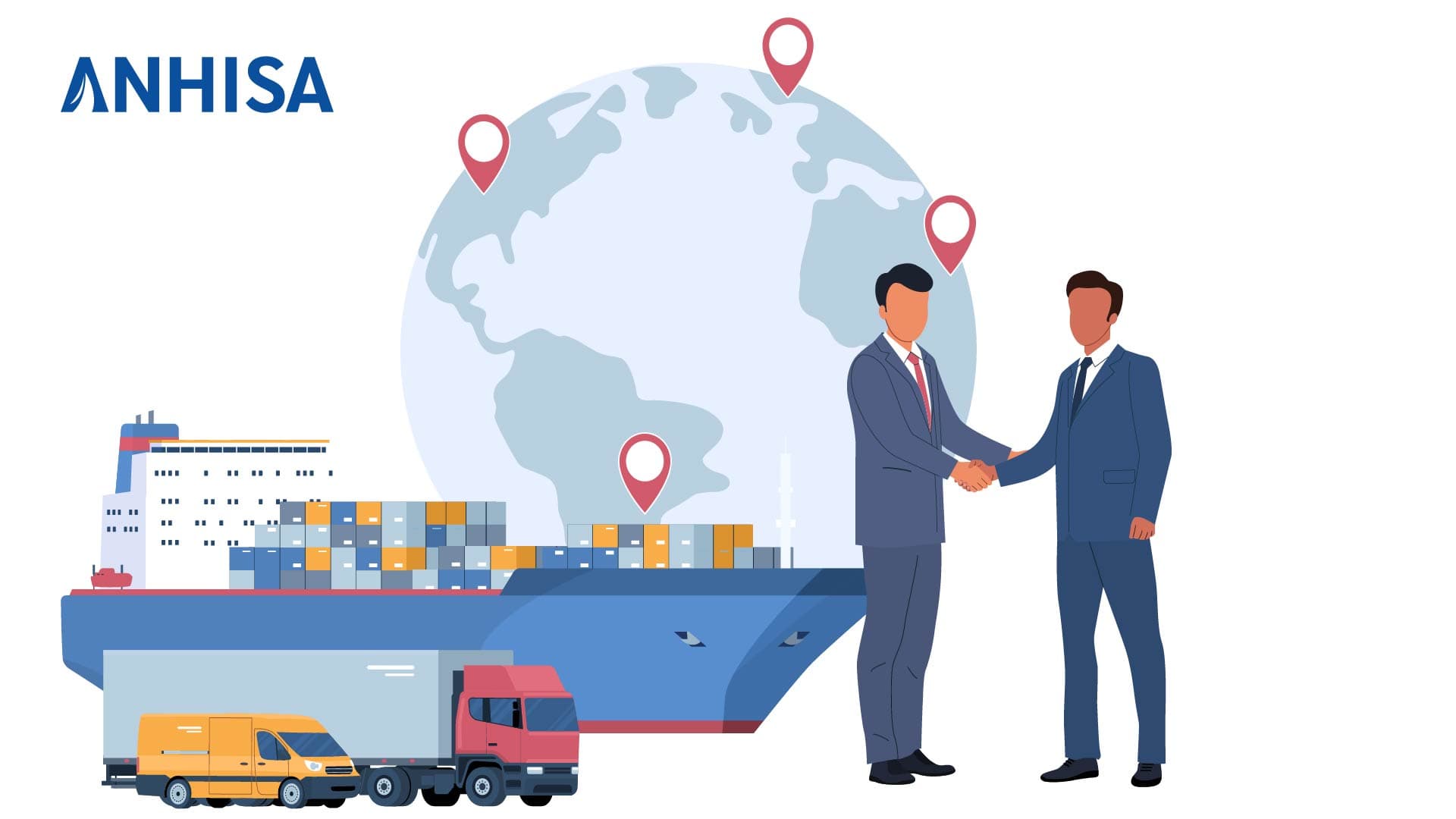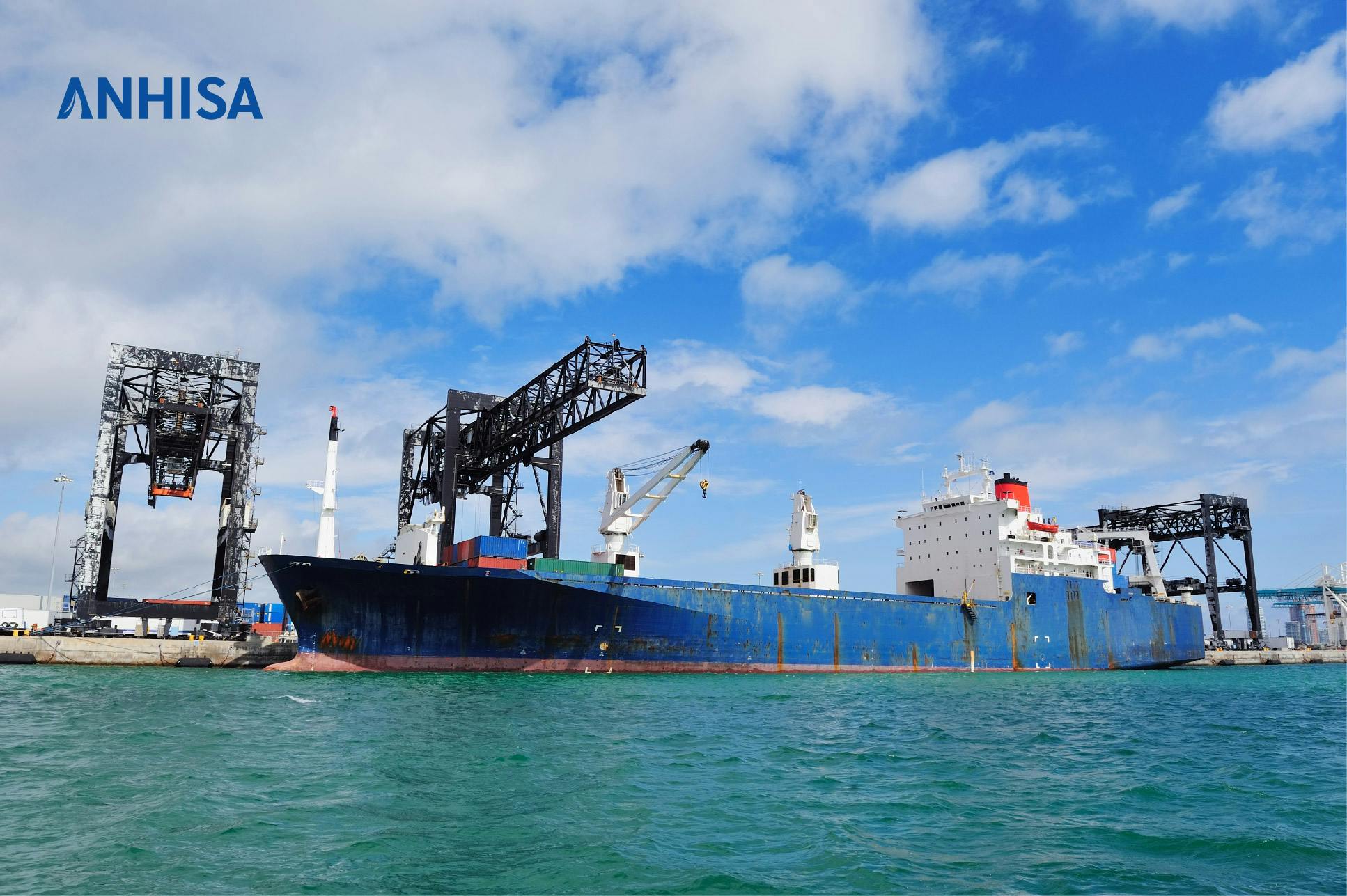Weighing the Pros and Cons of Alternative Dispute Resolution Methods in Shipping and Maritime Law
August 18, 2023
Introduction
Shipping and Maritime Law plays a crucial role in global trade, impacting every product that is moved across oceans. With the vastness of oceanic transactions, disputes are inevitable. These disputes can be tedious, costly, and damaging if not handled efficiently. This is where Alternative Dispute Resolution (ADR) comes into play, offering a more streamlined approach than traditional courtroom battles.

Real-World Scenarios: ADR in Action
Cargo Damage:
A ship from Country A arrives in Country B with damaged cargo. The ship owner and the cargo owner dispute the cause of damage. Instead of navigating two different legal systems, they opt for arbitration in a neutral third country, ensuring a fair assessment and timely resolution.
Marine Insurance Claims:
A shipping company from Country X faces insurance claim disputes with an insurer from Country Y over a sunken ship’s value. They decide to mediate, focusing on expert evaluations of the ship’s worth. Their chosen mediator, well-versed in maritime valuations, helps them reach a mutually satisfactory settlement.
Ship Building Contracts:
A shipbuilder in Country Z fails to deliver a ship on time to a buyer in Country W, leading to potential breach of contract claims. Through negotiation, they agree on a revised delivery schedule and compensation for the delay, preserving their business relationship.
Key Types of ADR in Maritime Law
1. Arbitration
Arbitration is a formal process where a neutral third party, known as an arbitrator, listens to the disputing parties and then renders a binding decision, similar to a judge in a courtroom. Depending on the agreement, there might be a single arbitrator or a panel.
Benefits:
- Speed: Typically faster than court trials.
- Flexibility: Parties can choose the location, governing law, and even the arbitrators.
- Confidentiality: Proceedings are private, safeguarding sensitive information.
- Enforceability: Many nations recognize and enforce arbitration awards, thanks to conventions like the New York Convention.
Drawbacks:
- Limited Appeal: Arbitration decisions are usually binding with limited rights to appeal.
- Costs: High-quality arbitrations can be expensive, sometimes rivaling court costs.
2. Mediation
Mediation is a less formal method where a neutral third party (mediator) assists the disputing parties in finding a mutually acceptable solution. The mediator doesn’t impose a decision but facilitates the conversation.
Benefits:
- Preservation of Relationships: Mediation is collaborative and can help preserve business or personal relationships.
- Control: Parties have more control over the outcome.
- Confidentiality: Discussions are private, and only the final agreement might be made public.
Drawbacks:
- No Guarantee of Resolution: Mediation might not result in an agreement.
- Non-Binding: Unless both parties agree and formalize the decision, it isn’t binding.
3. Conciliation
Conciliation is similar to mediation, but the conciliator usually takes a more active role, often suggesting solutions or proposing terms of settlement.
Benefits:
- Expertise: Conciliators, due to their proactive role, often have specific expertise in the disputed area.
- Flexibility: Provides an environment for open dialogue and idea generation.
Drawbacks:
- Non-Binding: Like mediation, conciliation outcomes are usually non-binding unless formalized into a contract.
- Perceived Bias: Since the conciliator offers solutions, one party might perceive them as biased.
4. Negotiation
Negotiation is a direct dialogue between the disputing parties aiming to reach an agreement. It doesn’t require any neutral third-party intervention, though parties might engage advisers.
Benefits:
- Full Control: Parties retain complete control over the process and outcome.
- Cost-Effective: Generally, the cheapest method as it lacks formal procedures.
Drawbacks:
- Emotionally Charged: Without a neutral party, emotions can flare, hindering resolution.
- No Structured Process: The lack of formal structure can make reaching an agreement challenging.
Deciding on the Right ADR Method for Maritime Disputes
Given the intricacies of Shipping and Maritime Law, selecting the right ADR method is vital. It’s essential to consider the nature of the dispute, the involved parties, and the desired outcomes. For instance, if a quick resolution is sought, arbitration might be preferred. But if preserving business relationships is vital, mediation or negotiation might be more fitting.

About ANHISA
In the intricate world of legal proceedings and intricate international regulations, having an experienced and reliable firm at your side can make all the difference. And when it comes to the realms of shipping, aviation, and Alternative Dispute Resolution (ADR), ANHISA stands out as a beacon of expertise.
ANHISA is a boutique law firm that specializes in shipping, aviation, and ADR. With our forward-thinking approach and commitment to delivering bespoke solutions, we has carved out a niche for ourselves as one of the leaders in these domains.
The success of ANHISA is built upon the foundation of its qualified and seasoned team of lawyers. Each member brings a wealth of knowledge, ensuring that whether you’re an individual, a business, or an organization, you’re in the most capable hands.
Why Choose ANHISA?
- Global Reach: Though rooted in their home base, ANHISA’s expertise is sought after globally. We cater to clients from all corners of the world, underscoring their international acclaim.
- Client-Centric Approach: ANHISA believes in tailoring solutions to each client’s unique situation, ensuring that the advice given is both relevant and effective.
- Supportive Team: Navigating legal waters can be daunting, but with ANHISA’s supportive team, clients are never left feeling overwhelmed.
Reach Out to ANHISA
If you find yourself in need of guidance, be it in shipping, aviation, or any of their areas of expertise, ANHISA is ready to assist. Under the leadership of Mr. Dang Viet Anh, they ensure every query is addressed with diligence and expertise.

Contact Details:
Firm: ANHISA
Contact: Mr. Dang Viet Anh
Email: [email protected]
Landline: +84 28 5416 5873
Mobile: +84 983 467070
In the ever-evolving landscape of global commerce, aviation, and maritime industries, having a steadfast partner like ANHISA can steer you clear of potential pitfalls and towards success. Reach out today, and experience the ANHISA difference for yourself.
Related posts

Bills of Lading: Importance for International Shipping
March 19, 2024

Mediators’ Role in Alternative Dispute Resolution (ADR)
March 13, 2024
- TEL:
- Hanoi Office: +84 24 320 47609
- Saigon Office: +84 28 5416 5873
- HOTLINE:
- +84 (0) 939 117 398
- +84 (0) 983 488 380



